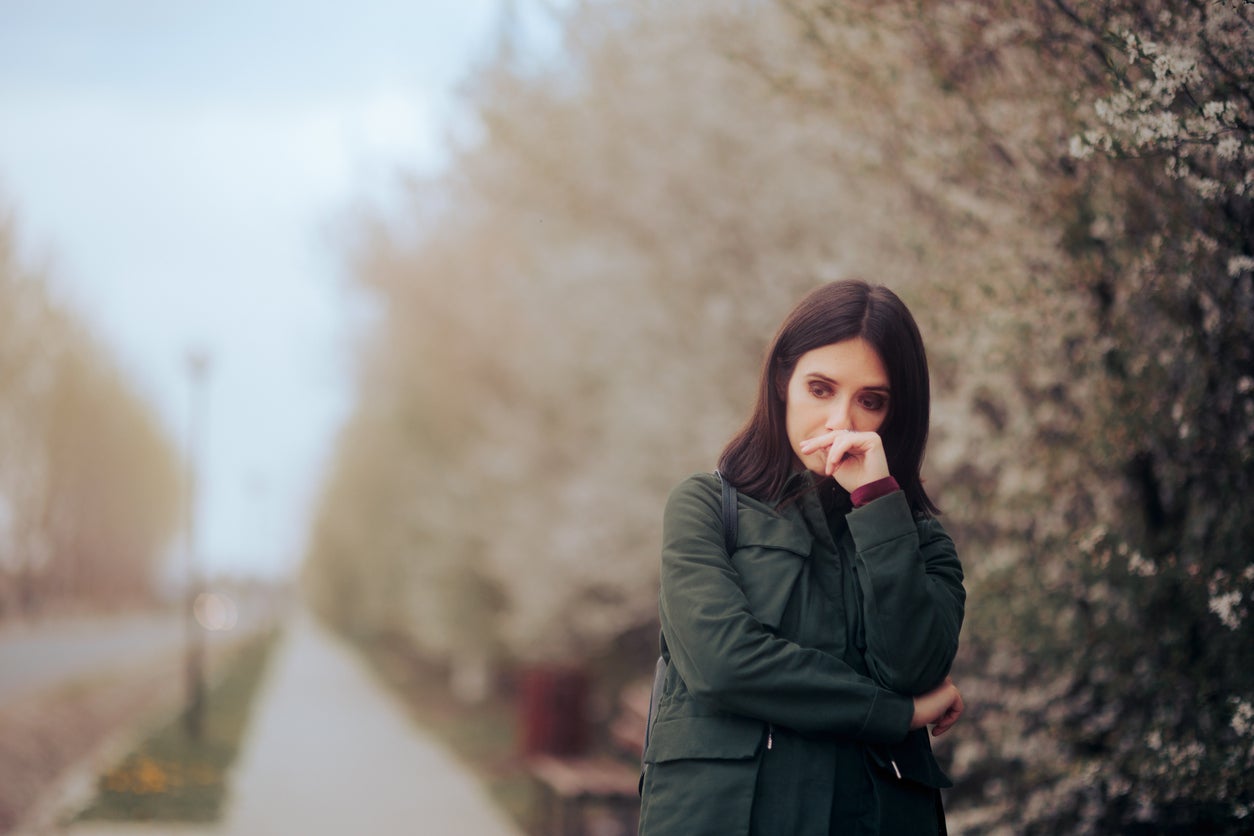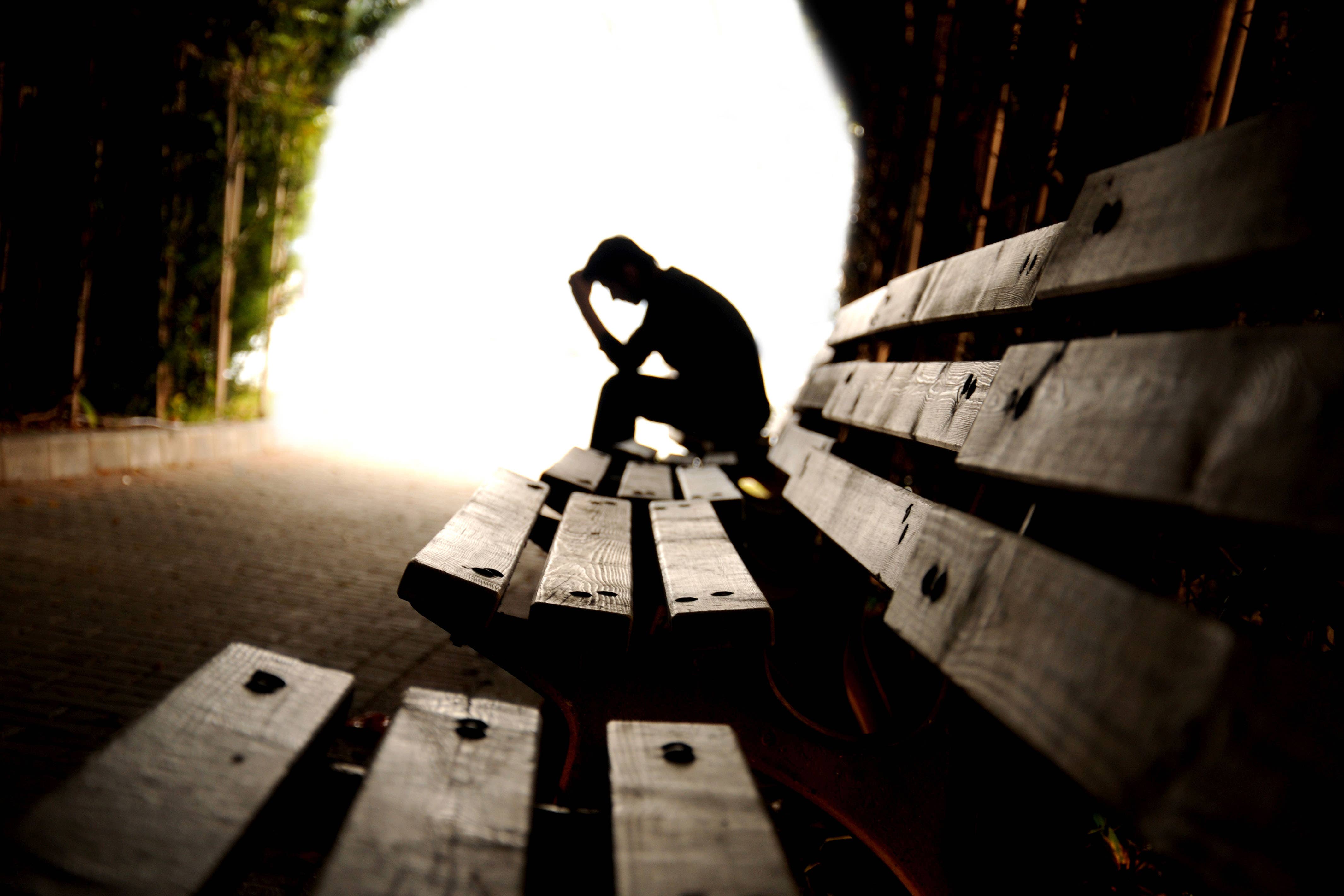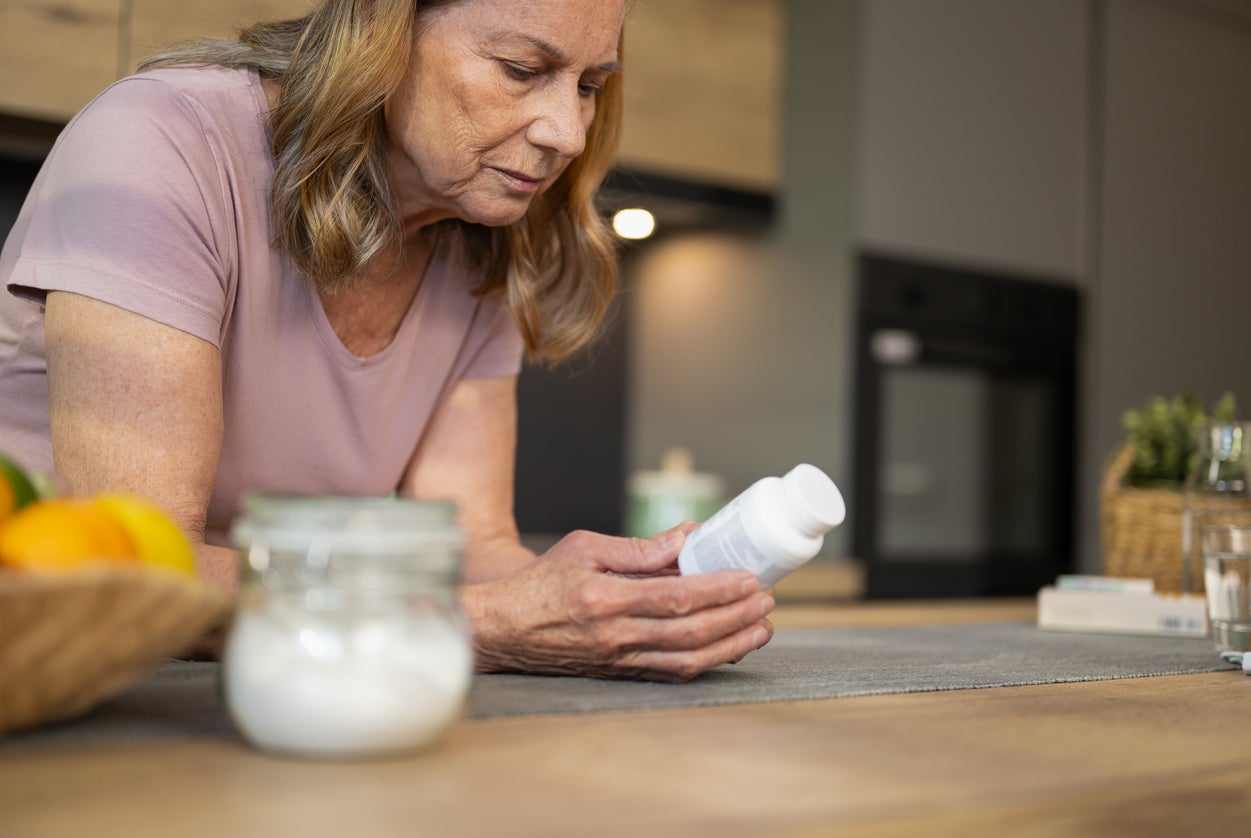As the days turn colder and darker, many Americans feel the weight of depression linked to the changing of the seasons.
Some 10 million are affected by seasonal affective disorder, a condition that alters people’s mood and energy.
The disorder, which is also known as SAD, disproportionately impacts women. Women are four times more likely than men to be diagnosed with SAD, according to researchers at Boston University.
For many, SAD can be debilitating and disruptive – potentially eve…
As the days turn colder and darker, many Americans feel the weight of depression linked to the changing of the seasons.
Some 10 million are affected by seasonal affective disorder, a condition that alters people’s mood and energy.
The disorder, which is also known as SAD, disproportionately impacts women. Women are four times more likely than men to be diagnosed with SAD, according to researchers at Boston University.
For many, SAD can be debilitating and disruptive – potentially even leading to increased substance abuse.
“I was like, oh my gosh, I’m sad. I don’t want to leave my house. And on top of that, I just really want to get high because that’s what I’m used to,” Rosie Kuska, The Sober Life’s peer-recovery coach and care coordinator, told Great Falls’s 3 KRTV.

Millions of Americans struggle with seasonal affective disorder. But experts say there are easy steps to fight the sometimes debilitating condition (Getty Images/iStock)
However, experts say being proactive and taking mitigative steps – other than just a last-minute vacation to the Maldives – can make all the difference this fall and upcoming winter.
Embrace the sun (lamp)
Don’t stare at the sun! But do consider sitting under a sun lamp or light box.
The products mimic outdoor light and it’s believed that the light can cause a chemical in the brain that lifts your spirits and fights fatigue.
“Long periods of dark and a lack of sun exposure gets your sleep-wake rhythm thrown off and sun lamps help reset it,” family medicine practitioner Dr. Robert Cain told the Cleveland Clinic.
You can find them online — some for under $100.
Chow down smart
Eating certain foods – many of which are staples of the Mediterranean diet and contain essential nutrients – can help counteract SAD symptoms.

A good diet rich in antioxidants can help (Alamy/PA)
Those foods include antioxidant-rich dark chocolate, blueberries, salmon and spinach.
Salmon is a good source of happy hormone-retaining vitamin D, which many Americans lack during the sunless winter.
“The foods we eat not only affect our mood, but our sleep patterns and our energy levels,” psychologist Susan Albers told the Cleveland Clinic. “And that can impact us throughout the entire day.”
A D-vine supplement
Vitamin D protects bone and immune health, and researchers say it may also regulate mood.
It “helps the nerve cells retain the serotonin, so they can actually be used as opposed to leaking out through inflammation,“ Dr. Brad Berg, pediatric medical director at Baylor Scott & White Round Rock, told KVUE.
The body normally gets vitamin D through sun exposure – but most Americans still don’t meet daily requirements, according to researchers at Oregon State University.
Taking a supplement or multivitamin can help people get the recommended amount. People between the ages of one and 70 years old should get 600 international units and those who are older should get 800, the Mayo Clinic says.

Getting enough vitamin D can help to regulate mood (Getty Images/iStock)
Break a (cold) sweat and touch grass
Working out in the cold may take some bravery, but heading outdoors for exercise might be just what you need.
Researchers say breaking a sweat regularly can help to regulate mood, and being outdoors also generates positive emotions.
The power of friendship
Being social is also an effective strategy for combatting SAD.
Make sure to see friends and stay involved with your social circle and regular activities.
“Avoiding isolation is vital to keeping symptoms to a minimum and meeting up for dinner with someone, going for a walk with one-to-two friends, or taking part in a game night can [positively affect] someone who needs relief,” Rochester Regional Health advises.